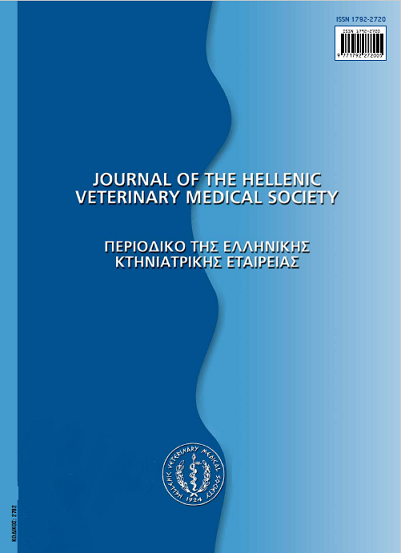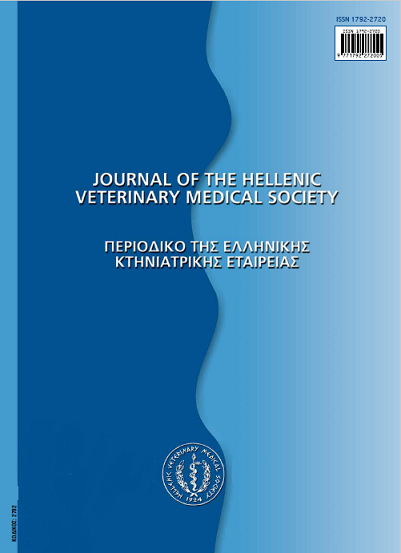Fetal bovine serum is associated with polar body degeneration after in vitro maturation of bovine oocytes

Abstract
In vitro fertilization (IVF) in cattle is commonly used worldwide. Although extensive research has been conducted using different additives in the different IVF steps, little is known regarding how protein type may affect bovine oocytes during the fertilization period. In addition, unlike Tissue Culture Medium 199 (TCM), fertilization medium may induce oocytes’ chromatin degeneration during prolonged incubation in the horse (Modified Whitten’s medium). Thus, in the present work TCM-199 supplemented with either 7 mg/ml of Bovine Serum Albumin (TCM+BSA) or 10% Fetal Bovine Serum (v/v; TCM+FBS) was used. Bovine oocytes were matured in vitro and placed in the previously mentioned media for further 18 hours, in the absence of added sperm (sham fertilization) and their chromatin conformation was evaluated. After IVM, 78.9% of the initial oocytes had reached the MII stage. After sham fertilization, 58.6% of the oocytes in TCM+BSA while just 28.3% in TCM+FBS maintained the MII chromatin conformation (p < 0.05). Subsequent experiments run using PB extruded oocytes and incubated in TCM+BSA and TCM+FBS during sham fertilization, demonstrated that FBS was consistently associated with polar body dissolution or degeneration.
Article Details
- How to Cite
-
MACÍAS-GARCÍA, B., MACEDO, S., ROCHA, A., & GONZÁLEZ-FERNÁNDEZ, L. (2018). Fetal bovine serum is associated with polar body degeneration after in vitro maturation of bovine oocytes. Journal of the Hellenic Veterinary Medical Society, 68(3), 279–284. https://doi.org/10.12681/jhvms.15469
- Issue
- Vol. 68 No. 3 (2017)
- Section
- Research Articles

This work is licensed under a Creative Commons Attribution-NonCommercial 4.0 International License.
Authors who publish with this journal agree to the following terms:
· Authors retain copyright and grant the journal right of first publication with the work simultaneously licensed under a Creative Commons Attribution Non-Commercial License that allows others to share the work with an acknowledgement of the work's authorship and initial publication in this journal.
· Authors are able to enter into separate, additional contractual arrangements for the non-exclusive distribution of the journal's published version of the work (e.g. post it to an institutional repository or publish it in a book), with an acknowledgement of its initial publication in this journal.
· Authors are permitted and encouraged to post their work online (preferably in institutional repositories or on their website) prior to and during the submission process, as it can lead to productive exchanges, as well as earlier and greater citation of published work.



